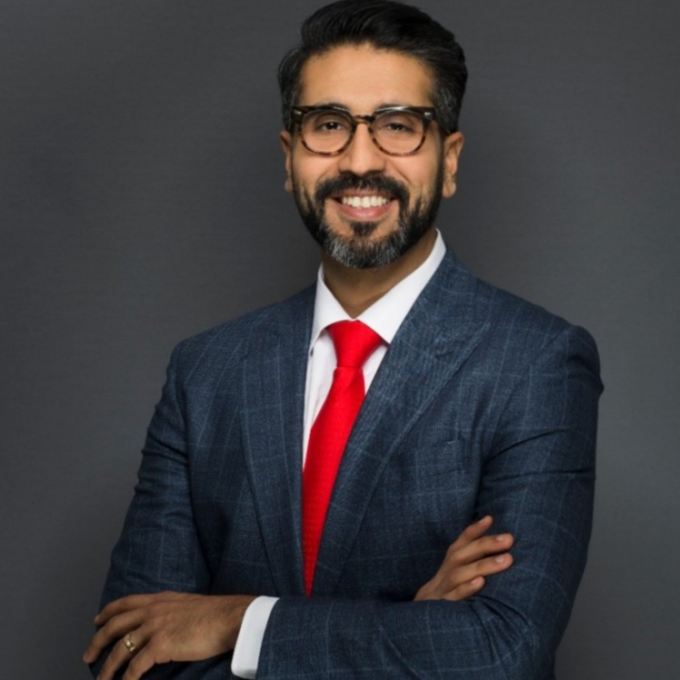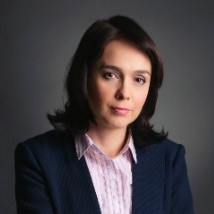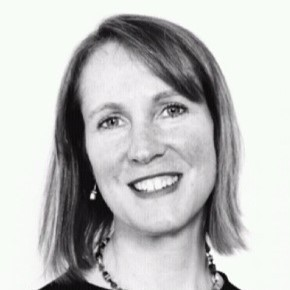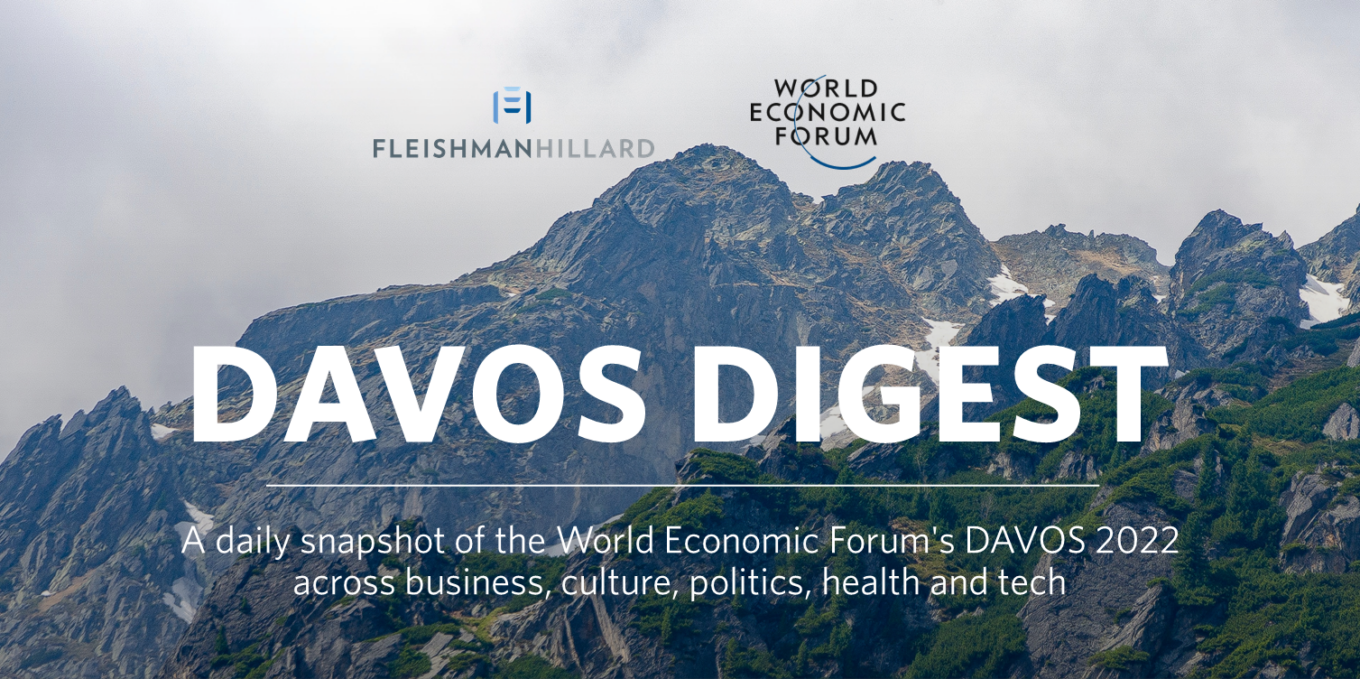FleishmanHillard Davos Digest 2022: Day 4
Davos Digest 2022, Day Four: View from EEMEA
Well, we made it. That’s a wrap on another year of the World Economic Forum in Davos.
Today, the jets will take off and the cleaners will move in to sweep up all those discarded lanyards and business cards.
Looking back at the week, a pretty clear consensus emerges: this has been the most politicised Davos conference in years, with the war in Ukraine completely dominating the news agenda, from the diplomatic consequences of the invasion to the devastating emerging impact on global food supply. Against this backdrop, it’s hard to tell how much the bold corporate commitments of this week, such as Pfizer’s waiving of profits to low-income countries, or international alliances to forge ahead with green technology, have sunk in.
Today, we’re looking at the week’s news from a different perspective. We hand the mic to some of our FleishmanHillard colleagues in the countries represented at this year’s conference for their take on the crucial issues, and how WEF has been reported in their media. Read on to find out how the “Scholzomat” did in his Davos debut, the latest Middle Eastern efforts to diversify energy supply away from fossil fuels, and why the French have more pressing things to worry about.
Scholz makes his Davos debut at most politicised WEF in years | DAVOS Digest 2022, Day 4
 By Dr. Sebastian Schwark, Berlin
By Dr. Sebastian Schwark, Berlin
The Russian war against Ukraine and its consequences for the German economic model and the global economy were the key focus of German reporting on Davos this week, with coverage focusing more on political headlines than corporate news.
The meeting was perceived against the backdrop of the politically-driven readjustments of German business activity.
Chancellor Olaf Scholz closed the meeting on Thursday with his first major speech for an international audience since assuming his position.
Speaking in German, Scholz did relatively well despite his reputation as not being the greatest orator. He reiterated German support for Ukraine and sharply criticized Russia, arguing that Putin’s objective to redraw borders through violence and with nuclear threats must be rejected. Scholz went on to discuss Chinese treatment of the Uyghurs in Xinjiang in the light of recent leaks showing evidence of systemic human rights abuses, urging the global community not to accept this.
Russia and China were of course until recently major German trading partners, but Scholz vowed to reduce Germany’s dependence on the two countries. Despite this, Scholz rejected ideas of deglobalization and called for more international cooperation. Today’s world is a multipolar world, he claimed, and diversification of supply must not lead to isolationism, trade barriers, and protectionism.
Earlier this week, Federal Minister for Economic Affairs and Climate Action, Robert Habeck, endorsed calls for a buyers’ cartel for oil that Italian Prime Minister, Mario Draghi, had previously floated. The cartel could set a temporary ceiling for the oil price, supporting the effort to deprive Russia of income that drives its continued war effort.
Ultimately, this tension between political principles and economic realities was at the core of the German reporting on Davos. NATO General Secretary, Jens Stoltenberg, had told the World Economic Forum that “freedom is more important than free trade” and that the “protection of our values is more important than profit.” These sentiments may seem obvious today, but they’ve been widely neglected by German industry in the past thirty years.
Davos? Que’est-ce que c’est Davos? | DAVOS Digest 2022, Day 4
By Thomas Guilmoto, Omnicom PR Group, Paris
After four months of campaigning, the newly re-elected President Macron has focused his first month in office on appointing a new Prime Minister and forming a new government.
With legislative elections coming up fast in June, Macron and his team are giving Davos a miss this year, to ensure they avoid any faux pas by appearing to prioritize an elite conference over the needs of the French people.
Paradoxically, the French are fully aware, surely even more than before, that the domestic situation – in particular rising inflation, which was a key issue of the presidential campaign – is deeply dependent on international coordination of the type Davos provides.
This may be the reason why, although WEF has been sidelined in French media in comparison to previous years, discussions around inflation and the ongoing food crisis have been reported on with interest by key journalists.
The Governor of the Banque de France is the only public official to have travelled to Davos. “Since the first day of the invasion of Ukraine, Europeans have made a courageous economic choice,” said François Villeroy de Galhau at the opening of the World Economic Forum. “We knew that this would mean less growth, more inflation, but in a way, this is the price we have to pay to defend our values,” he continued. The Governor of the Banque de France reconfirmed that “the common commitment of European States is to bring inflation down to 2% by 2024”. Whether this is realistically achievable in the current environment is another question entirely.
Middle East: Towards Energy Transition and Greater Collaboration | DAVOS Digest 2022, Day 4
 By Jai Tolani, Dubai
By Jai Tolani, Dubai
Political discussions and change in the Middle East took a slight backseat in conversations this year, due to the ongoing war in Ukraine.
Nevertheless, the region’s leaders drove discussions around economic opportunity, climate change, and scientific advancements.
“Middle East countries can play, and some of them are playing, a critical role at this point in the effort to mitigate global warming,” John Kerry, the US envoy for climate change, commented.
These comments were widely covered by most Middle East press as part of the ongoing narrative around climate change. The region’s bet is on diversification from oil with a deep focus on renewables. The UAE, for example, became the first country in the region to pledge its commitment to achieving net-zero targets by 2050 – and won the bid to host COP28.
The UAE, Jordan, and Israel signed an agreement in November 2021 to develop a renewable energy and desalination plant, and Masdar, the UAE government-owned renewable energy company, and ENGIE, a global energy giant, pledged to invest $5bn in green hydrogen production from at least 2GW electrolysis capacity by 2030. On non-oil revenue, Bahrain’s Minister of Finance and National Economy, Sheikh Salman bin Khalifa also pointed out that Bahrain is on course to more than triple non-oil revenue by the end of 2021 compared to 2018.
While there was plenty of good news on show, the contrasts were just as obvious. The global pandemic COVID-19 demonstrated and magnified these differences in prosperity across the region through vaccine distribution imbalances. Alain Bejjani, CEO at Majid Al Futtaim, one of the larger mall operators and family-owned businesses, summed this up perfectly: “The biggest lost opportunity is that the Middle East and North Africa region is not a region.”
Poland spearheads collaboration across CEE region | DAVOS Digest 2022, Day 4
 By Anna Jankowska, Warsaw
By Anna Jankowska, Warsaw
Poland is literally on the front line of the war in Ukraine, and this has been a key topic of discussion during WEF.
President of Poland, Andrzej Duda, discussed aid for Ukraine and granting Ukraine the status of a candidate for EU membership. He called for international support of Ukraine, underlining the need to create a special fund for the rebuilding of Ukraine after the war.
Beyond Ukraine, the focus was on the Three Seas initiative, born in its current form in 2016, and strongly promoted by the Polish government as an element to stabilize the region’s security. It aims to strengthen ties in the Central European region (between the Baltic, Adriatic and Black Seas), with a view to economic development in the field of energy, transport and digital infrastructure.
At Davos this year, discussion of the Three Seas initiative focused on the development of digital infrastructure, the green energy transition, and the role of CEE in rebuilding Ukraine. Polish Prime Minister Mateusz Morawiecki underlined that Poland is open to do business with international partners and wants to facilitate and strengthen the business cooperation. He also set out his achievements in attracting foreign direct investment into Poland, which hit a record high of $24.8bn in 2021, with a key focus on attracting more investment from major international technology companies.
UK takes a low profile; makes plans for its own Davos | DAVOS Digest 2022, Day 4
 By Tracey Nugent, London
By Tracey Nugent, London
Perhaps understandably, with a cost-of-living crisis looming and Partygate still dominating headlines in the UK press, there were few high-profile UK Government attendees in attendance at Davos this year. But the UK wasn’t entirely missing from the list of delegates.
Alok Sharma, who presided over the Cop26 meeting in Glasgow last November, led the UK government representative. Addressing the World Economic Forum, he highlighted the need to accelerate climate adaptation, and asked private companies to take a stronger stand, “It’s not only for the public sector, we also need the private sector to be involved, that’s how we are going to get more progress on this.”
Former Governor of the Bank of England and UN climate envoy, Mark Carney was back at the event. This year urging a revolution in the energy and financial industries, saying, “We need an energy transformation on the scale of the industrial revolution at the speed of the digital transformation. And therefore, we need a revolution in finance.”
While the ‘patriotic millionaires’ captured the imagination and headlines early during the event, the main commentary on the event itself came from publications like the Economist and I which questioned but didn’t dismiss, the relevance of Davos on the global stage. If nothing else, participants believe it’s still a great place to meet and make deals with the world’s elites.
The general avoidance of this year’s event by UK political and business leaders could be chalked up to any number of issues, from the cost-of-living crises to a hangover from the pandemic or to an ongoing trend towards deglobalisation. Or, it could be a strategic calculation for Britain to make the world come to it. The Telegraph this week reported that the UK is drawing up plans for its own two-yearly investment summit – one that would rival Davos. Time will tell. At least the FleishmanHillard Davos Digest team wouldn’t have to travel far to report the news.
If you’ve made it this far, all that remains is to say thank you for reading this year’s Davos Digest, and we’ll see you again next year!
Find Out More
-
Achieving Outsized Impact by Building Stronger Country Reputation
February 18, 2025



